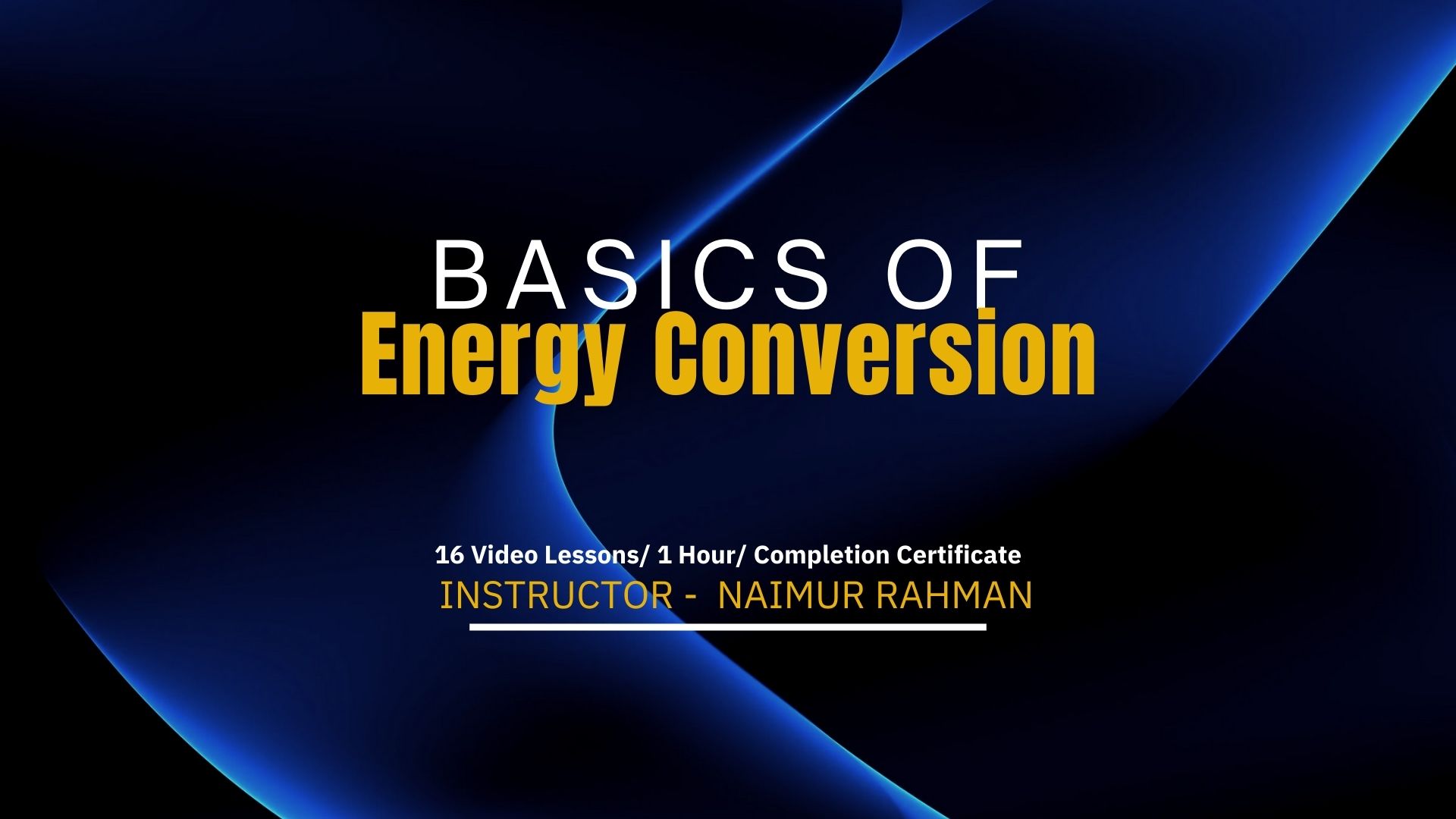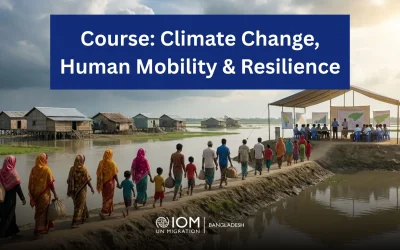Course Description
Unlock the future of energy with our Basics of Energy Conversion course. This essential program equips you with the knowledge to drive sustainability, reduce greenhouse gas emissions, and harness renewable energy sources like solar, wind, and biomass. As the world shifts towards cleaner energy, this course empowers you to innovate, optimize existing systems, and reduce operational costs, making you an invaluable asset in a growing job market. You’ll gain insights into how energy conversion can combat climate change, enhance energy security, and improve access to reliable, affordable power in underserved regions. By mastering energy efficiency and conversion technologies, you’ll be prepared to make a meaningful impact on the global energy landscape. Join us and be part of the solution for a sustainable and secure energy future.
Basics of Energy Conversion Course Objectives:
The objectives of an energy conversion course include:
Understand Principles: Gain knowledge of basic energy conversion principles and thermodynamics.
Learn Technologies: Familiarize with renewable and non-renewable energy conversion technologies.
Improve Efficiency: Learn methods to enhance the efficiency of energy conversion processes.
Optimize Systems: Apply techniques to optimize system performance and reduce losses.
Assess Environmental Impact: Understand the environmental impact and strategies for emissions reduction.
Gain Practical Skills: Acquire hands-on experience through labs and projects.
Analyze Economics: Study the economic aspects of energy conversion systems.
Understand Policy: Learn about policy and regulatory frameworks governing energy.
Foster Innovation: Develop skills for research and innovation in new technologies.
Integrate Disciplines: Combine knowledge from various fields for a holistic understanding of energy systems.
Is any prior knowledge or experience required?
Typically, an energy conversion course may require some prior knowledge or experience, including:
Basic Physics: Understanding of fundamental physics concepts, especially thermodynamics.
Mathematics: Proficiency in algebra, calculus, and possibly differential equations.
Chemistry: Basic knowledge of chemical principles, especially related to energy and materials.
Engineering Fundamentals: Familiarity with basic engineering principles and concepts.
Previous Coursework: Completion of introductory courses in related fields, such as general physics, chemistry, and introductory engineering courses.
Specific prerequisites can vary depending on the institution and level of the course. Checking the course description or syllabus will provide the most accurate information.
Who is the Basics of Energy Conversion course for?
An energy conversion course is designed for engineering and science students, professionals in the energy sector, and researchers. It benefits those seeking to understand energy systems, improve their efficiency, and contribute to sustainable practices. The course is suitable for undergraduates, graduate students, and industry professionals.
What benefits will the learners get?
16 lectures more than 1 hour of time
Self-assessment opportunity.
Certificate on course completion.
Can ask questions in the forum.
Course Features
- Lectures 16
- Quizzes 1
- Duration 1 hour
- Skill level All levels
- Language Bengali
- Students 1
- Certificate Yes
- Assessments Self







